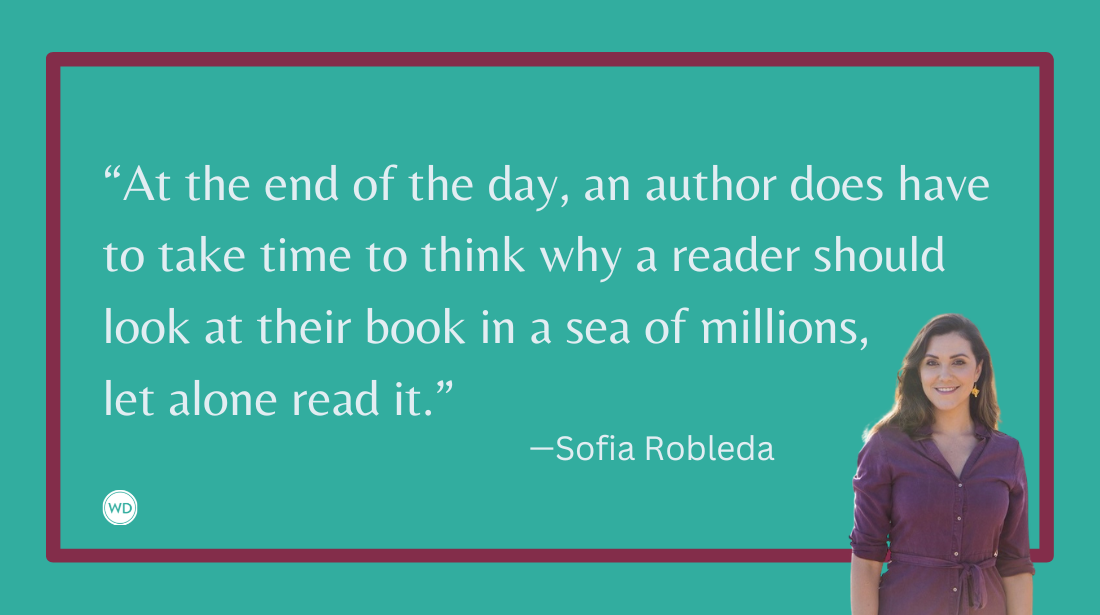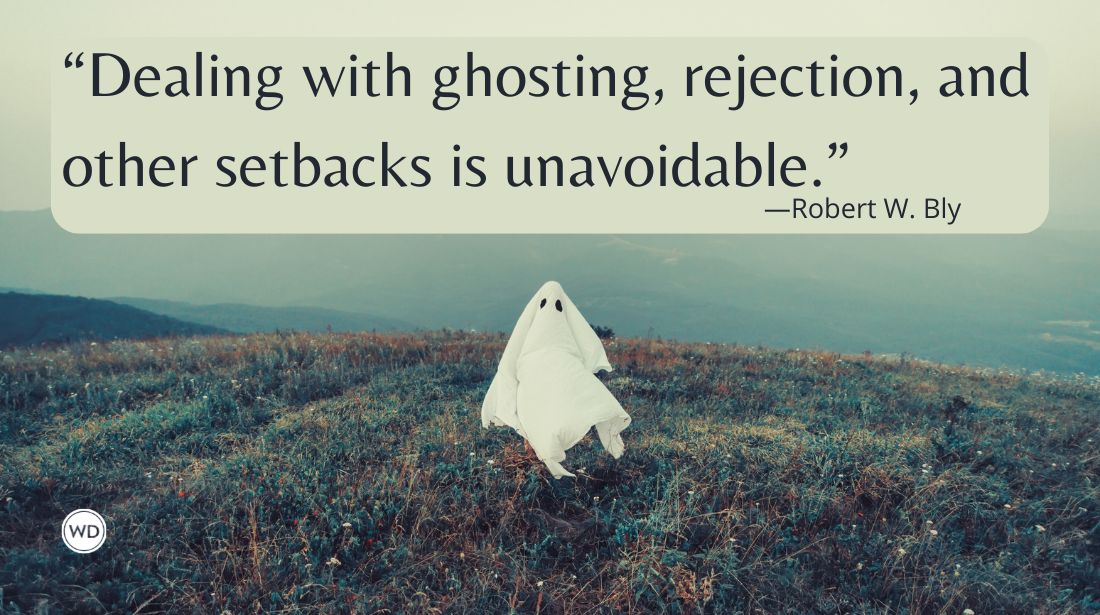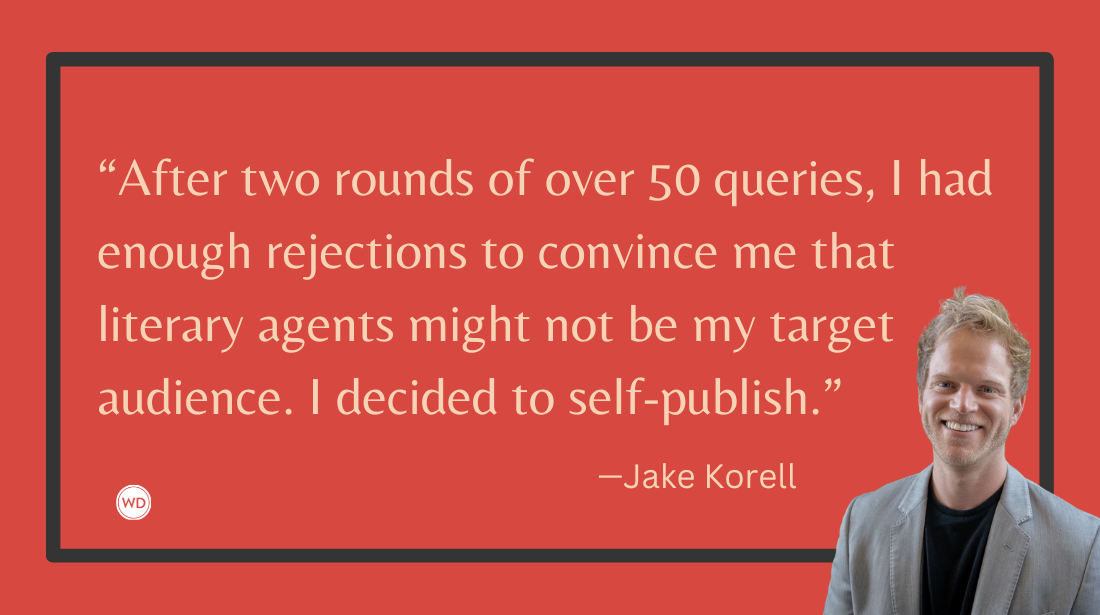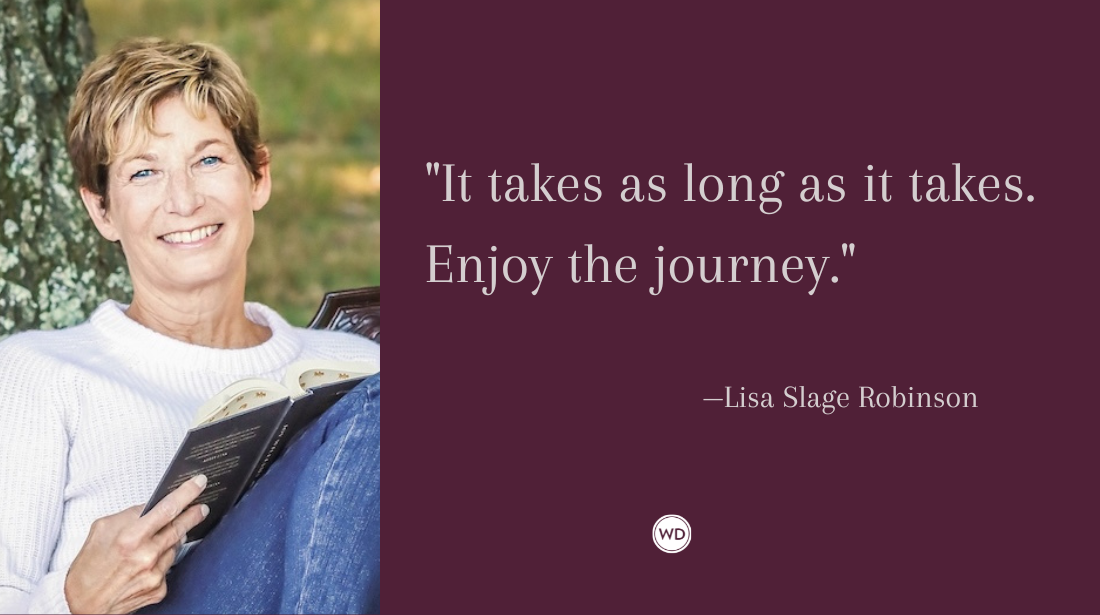How Writers Can Protect Their Work From AI Exploitation
Tech entrepreneur and arts advocate Henry Kurkowski shares five practical actions writers can take to protect against AI exploitation.
The publishing world erupted recently when two romance authors were caught leaving AI-generated prompts in their finished books. Screenshots spread across Reddit and Bluesky showing embedded phrases like “Certainly! Here’s an enhanced version of your passage” and revision notes referencing other authors' styles. Clear evidence of ChatGPT assistance somehow made it to print.
While the authors defended their use of AI as brainstorming and editing help, the incident sparked outrage and exposed a growing crisis. Artificial intelligence isn’t just competing with human creativity—it is quietly replacing it, often without readers knowing.
But this controversy is only the beginning. Writers, artists, and even tech giants are taking a stand against how AI is being used, especially when it comes to scraping human-created content without consent. At the heart of this movement is a call for ethical use.
Like humans, AI learns by consuming existing information. In the case of large language models (LLMs), the type of AI most readers and writers interact with, that information often comes from sweeping the internet and pulling data from original works, including copyrighted materials. Most creators never gave permission for their work to be used this way. Worse, they haven’t been compensated, even as AI companies profit from powerful tools built on the backs of these third-party assets.
Organizations like the Authors Guild have taken a public stand. In January 2025, they launched a “Human Authored” certification system to help readers identify books created without AI. (For transparency, I’m a Guild member.) Their statement reads: “Generative technologies built illegally on vast amounts of copyrighted works without licenses, without giving authors any compensation or control over the use of their works, are used to cheaply and easily produce works that compete with and displace human-authored books, journalism, and other works.”
In short, authors' original work is now being used to train the very tools that threaten to replace them.
Some platforms are starting to respond. Substack now allows users to block AI models from scraping content. Google has introduced tools for website owners to protect their content without harming search visibility. These are steps in the right direction, but as bots evolve, the tools to block them will need to evolve as well.
So, what can writers, authors, and illustrators do to protect their work from being used without consent? Here are a few practical actions:
1. Opt out where you can.
Platforms like Tumblr, DeviantArt, and Substack now offer settings to opt out of AI data training. These options are typically found in privacy settings under “AI training” or “AI bots.”
2. Add a statement to your copyright page.
If you self-publish, consider including a line such as: “This content is not available for AI training. All rights reserved.” While this may not stop all scraping, it makes your intent clear and could support future legal protections.
3. Use digital masking for art.
Graphic artists and illustrators are encouraged to make use of watermarks and lower resolution images when posting publicly. If you want your images to look appealing to the human eye while still adding a layer of protection against AI theft, consider using a digital masking tool. One popular option is Glaze, a free app developed by the University of Chicago. It helps by making changes to pixels that are hard to decipher by machine learning models but cannot be seen by humans.
4. Block bots on your website.
You can choose to block AI Bots on your own website to protect your work. If you have a website or blog and use a website builder like GoDaddy, Wix, or Squarespace to manage it, there are ways to block AI bots with a few steps. With Squarespace it’s a simple toggle in the settings. With Wix and other builders it requires an edit of your robots.txt file. Call support and let them know that you would like to stop AI Bots from crawling specific pages of your website and they will assist. Be aware that blocking certain AI bots may prevent your content from appearing in AI-generated previews or summaries in tools like Google's AI Overviews or other search assistant features. However, it typically will not affect your traditional search engine rankings or visibility.
5. Be strategic about what you share.
Your best defense is to be intentional about how you share your work online. Be mindful of what you post and where you post it. Writers might post only short excerpts or summaries on platforms that still allow scraping. Artists may want to watermark or lower the resolution of shared images. The key is to be intentional with how and where you publish online.
Ultimately, AI is not the threat. It is how it is being used. The issue is not the technology, it is the ethics of those behind it.









